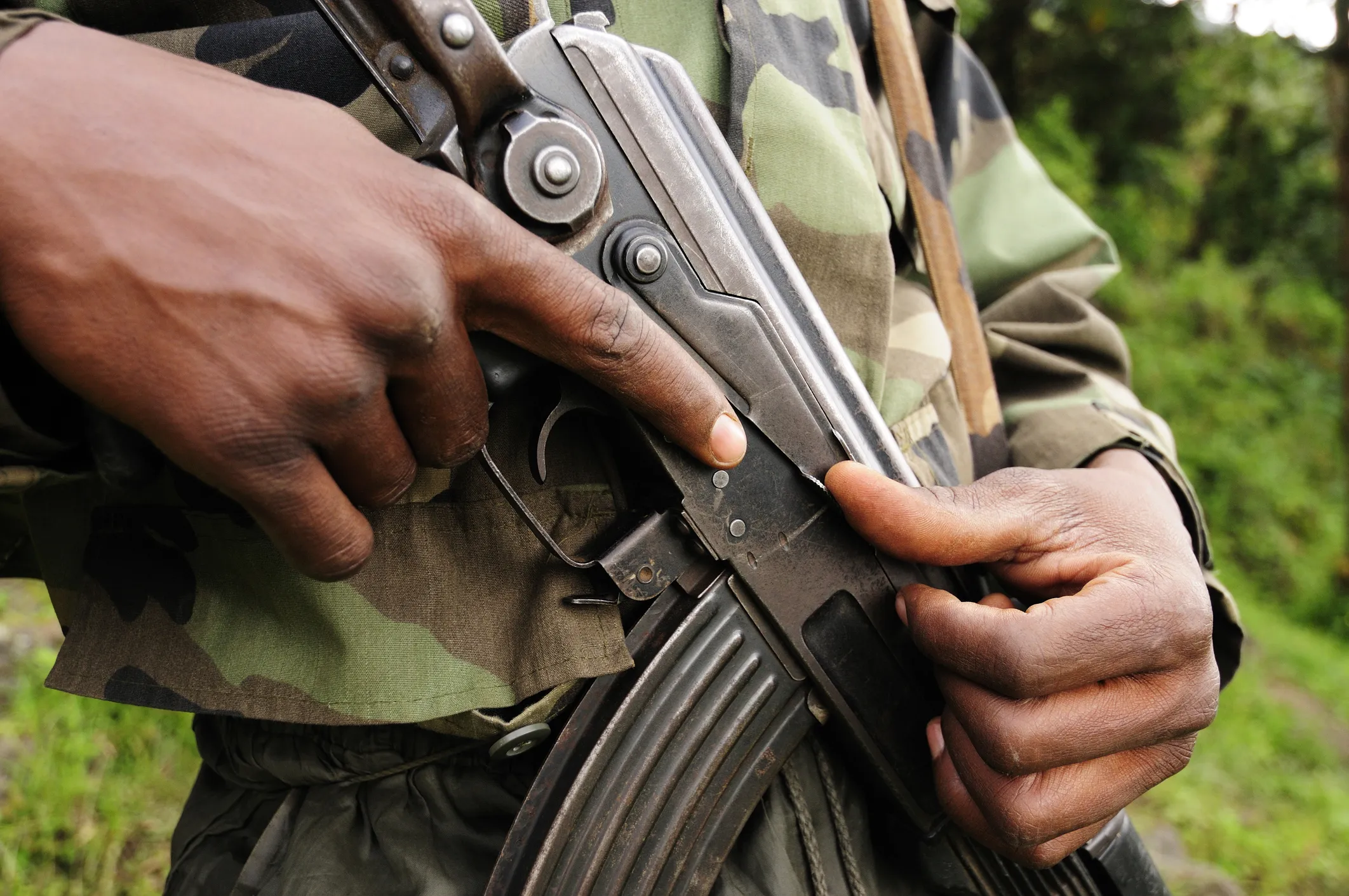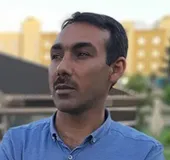
The spectre of military coups and unconstitutional power grabs are once again rearing its ugly head in the African continent. The past few years have witnessed both successful and unsuccessful coup d’états in West and Central African countries such as Mali, Chad, Guinea, Burkina Faso, Guinea-Bissau, and Sudan. Despite international and regional organisations, such as the United Nations (UN), Economic Community of West African States (ECOWAS), and the African Union (AU) imposing sanctions, suspending memberships, and condemning this worrying trend, they have not been able to avert the wave of military coups in the region. Four military coups in the West African region in the past 18 months is a testament to this growing challenge.
Coups have been a visible and recurrent characteristic of the African political experience for decades. During the post-colonial period, there were a string of successive military coups in many parts of the African continent, from east to west, and north to south. This trend manifested itself in a series of coup d’états, especially between the mid-1960s and the late 1980s. Allegations of poverty, mismanagement, and endemic corruption were the fundamental justifications given for organising coups. By the decade of 2000s, the wave of democracy and the reintroduction of multiparty politics in some African countries led to the perception that the military was giving up its dominance over the political affairs of Africa. However, although progress has been made on this issue, military coups and takeovers continue to present a daunting challenge to upholding peace and stability on the continent.
The proliferation of insurgents and extremist violence coupled with weak, fledging, and transitional democracies have provided fertile grounds for military intervention in civilian and political matters across Africa.
The recent reappearance of the military in Guinea, Sudan, Mali, Chad, Burkina Faso, and Guinea-Bissau recalled the experience of military intervention in civilian authority in the past. One of the reasons for the revival of this phenomenon is that in some African countries, as a result of deciphering and implementing democracy in different ways according to the wishes of politicians and the ruling elite, a significant discontent has arisen amongst the people.
In addition, the decadence of the socio-political and economic environment is the justification for coups in many cases, while elite power struggles may also be amongst the explanatory variables. However, the biggest proof that military coups cannot maintain stability and do not address socioeconomic concerns can be cited since there have been more than 200 successful and unsuccessful coup attempts on the continent since 1950. Although many coups occurred for different reasons, external factors are too important a factor to be ignored.
Africa’s Coup Contagion
Mali (August 2020): The Malian military seized control over controversial unrest following the parliamentary election in which former President Ibrahim Boubacar Keita was ousted. This left a military-led government in power. The government’s mismanagement of insurgencies, alleged government corruption, the impact of the ongoing COVID-19 pandemic and a floundering economy were the principal reasons for the coup.
Chad (April 2021): Former President Idriss Deby was assassinated while visiting troops in Northern Chad fighting the rebel group Front for Change and Concord in Chad. His son, Army General Mahamat Idriss Deby was quickly installed in his place, in a blatant power grab which was in violation of the Constitution.
Guinea (September 2021): Mamady Doumbouya, a United States-trained Special Forces commander lead a coup against former President Alpha Conde. He claimed to have acted in public interest, following years of poverty, endemic corruption, and against a controversial constitutional amendment that allowed Alpha Conde to be elected for a third election term.
Sudan (October 2021): The Sudanese military, led by its General Abdel Fattah al-Burhan seized power, by tearing up a power-sharing deal with former Prime Minister Abdalla Hamdok, that was meant to lead Sudan to its first free election in decades.
Burkina Faso (January 2022): Led by military leader Paul-Henri Sandaogo Damiba, the former President Roch Kabore was detained by soldiers and his government was overthrown and dissolved. The justification given for the coup d’états was Roch Kabore’s faliure to contain the growing Islamist insurgency and address citizen’s concerns. The mutinous soldiers demanded better means and support to fight the militants and the removal of defence chiefs. A blow to Kabore’s legitimacy and leadership came with the attack by armed groups last year in June in Solhan, a remote village in Yagha province that killed around 130 civilians. After the seizure of power by soldiers in Burkina Faso, people took to the streets in the capital Ouagadougou to celebrate the coup and burned French flags. In the aftermath, the ECOWAS and African Union suspended Burkina Faso’s membership.
Guinea Bissau (February 2022): There was a failed putsch in Guinea Bissau, a coastal state in West Africa. Despite being one of Africa’s smallest country, it has become a giant in the drugs and narcotics trade due to which it suffers from endemic corruption and has been mired in chronic political instability. The country has emerged as a key transit hub for cocaine produced in Latin America, which is then moved onwards toward Europe. President Umaro Sissoco Embaló described the coup attempt as an “unsuccessful attack against democracy”, with possible links to drug trafficking.
Two key reasons for coups
The resurgence of coups and upsurge in military interventions across Africa directly violates democratic tenants and represents a threat to peace, stability, and security on the continent. Most of these coups are taking place in countries that are transitioning to democracy after decades of authoritarian rule. It is no secret that militaries play a vital role in democracies. They could either refuse to suppress mass protests or topple repressive regimes. On the other hand, they could obstruct democratisation by overthrowing elected governments, especially when reforms or efforts to enact changes threatens their entrenched interests. The latter is evident from the fact that many African dictators tend to consolidate their power by building ethnic armies. African autocrats recruit soldiers into the military that belong from the same ethnicity as themselves and offer them key leadership posts. Such a shared communal identity between the soldiers and the autocrats ensures loyalty. In such circumstances, the growing number of military coups could be attributed to the militaries’ desire to protect, rather than change the status quo, when their entrenched powers and privileges are threatened.
Poorly-funded and under-resourced militaries are another reason why coups have been a recurring event in Africa, especially in the Sahelian region. The task of tackling the rising spate of extremist violence without proper combat readiness, i.e., insufficient training, weaponry, resources, and funds have placed an unsustainable burden on African militaries. This has resulted in militaries’ intervening against their governments, as demonstrated recently in Mali and Burkina Faso. The occurrence of successive attacks and the subsequent holding of large-scale anti-government protests became the path to coups in both countries. The proliferation of insurgents and extremist violence coupled with weak, fledging, and transitional democracies have provided fertile grounds for military intervention in civilian and political matters across Africa.
In such circumstances, the growing number of military coups could be attributed to the militaries’ desire to protect, rather than change the status quo, when their entrenched powers and privileges are threatened
Amidst various failings in governance and difficulties that African regional governments have had in dealing with security and developmental issues, there is an ever-present concern that militaries in the Sahel and Horn of Africa would continue to take power into their own hands. Sanctions have not been able to create the necessary political outcomes that the AU and ECOWAS desire. The sanctions on Mali in August 2020 and in Guinea in September 2021 have backfired and has driven popular support towards military leadership. Civil society organisations, in many African countries, continues to urge regional organisation like the ECOWAS to not impose sanctions. Even though trade embargoes and border closures have impacted businesses, military leaders continue to remain in positions of power. Any further weakening of regional security architecture in the West African region runs the risk of accelerating the spread of militancy in not only other Sahelian countries but also in coastal West African states as well.
The views expressed above belong to the author(s). ORF research and analyses now available on Telegram! Click here to access our curated content — blogs, longforms and interviews.




 PREV
PREV



